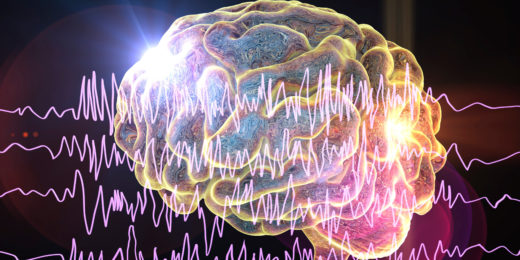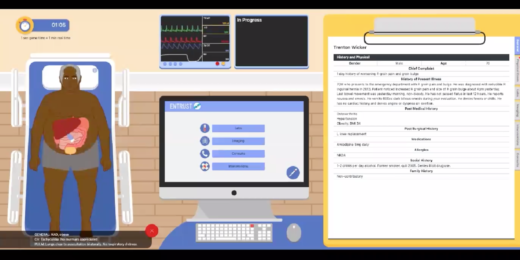Over the past decade, Stanford Medicine student Lillie Reed has dedicated her life and academic career to preventing violence and helping victims heal from the resulting trauma.
Author: Gordy Slack
The time ‘is now, in the beginning’: How do we ensure AI tools aren’t biased?
New artificial intelligence tools have the potential to revolutionize health care. But Stanford researchers argue that disparities could worsen without intervention now.
How to regulate AI? Bioethicist David Magnus on medicine’s critical moment
The applications for AI in medicine are being explored deeply at Stanford Medicine and elsewhere. Putting guardrails in place now is crucial.
Scientists dance the beautiful brain
Stanford Medicine's Medicine & the Muse program hosts a night of neurobiology and dance to feature the intersection of the two.
Machine learning could enable faster, less costly epilepsy drugs
Researchers created an algorithm to determine if mice have epilepsy and whether they have been treated with seizure drugs.
Finding patterns of success across 50 years of innovation
Researchers conducted a study to look back at 50 years of innovation, tracking how trends in technology have changed.
Small molecule lends big hope for brutal seizure disorder
Stanford researchers are investigating the use of a small molecule to treat Dravet syndrome, a devastating childhood neurologic disorder.
‘Haptic emojis’ can convey emotions through simulated touch
Scientists have devised a wearable sleeve that helps communicate physical touch from afar, a concept dubbed "haptic communication."
A serious gamed-based approach to assessing surgical residents
Researchers at Stanford Medicine have created a computer game to better educate medical students diagnosing patients during surgery.










